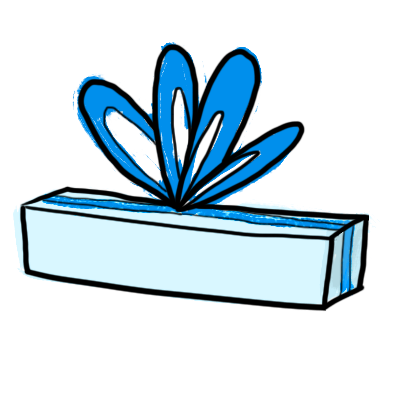.png)
.png)

Feedback Program
for Teams
Animation Artist: Christina Kingma
Establish a team culture of openness and continuous learning
As a team leader, you can build a work environment where:
Teams that support high quality, two-way feedback are significantly more productive than those that do not. How is your team doing? What benefits would you have if your team was better at giving and receiving feedback?
Worth a chat? Contact us.
Click here to see the Course Program Time Line
The Gallup Organization found that companies where employees answered positively to the following questions were more productive as business units, retained more employees per year and satisfied more customers.
Q: In the last seven days, have I received recognition or praise for doing good work? Have I given any?
Case Studies
Case 1: The 20-person strong legal team of a large financial institution was experiencing low productivity. Misunderstandings and gossip were rampant, and attrition rates were high. We worked with them over a three-month period, diving right to the core of the challenge. By the end of their 'Feedback Program for Teams' experience, team members had learned how to exchange both positive and constructive feedback in an open and non-judgmental way. Issues began to be raised directly with the colleague concerned, instead of with others. Six months later the team leader reported a significant improvement in the way people communicated with each other, through the development of a common language and way of interacting. Productivity, attrition and job satisfaction increased significantly.
Case 2: A team of psychologists wanted to sharpen their way of working together. While communication was diplomatic and to the point, something was missing. They opted for the 'Feedback Program for Teams' experience, and concluded that the experiential part of the program, (where feedback is multi-layered, continuous and moving in all directions), was probably where the true learning took place. The 'homework' of exchanging more feedback on work challenges between modules brought them closer, and the new level of openness contributed significantly to productivity.